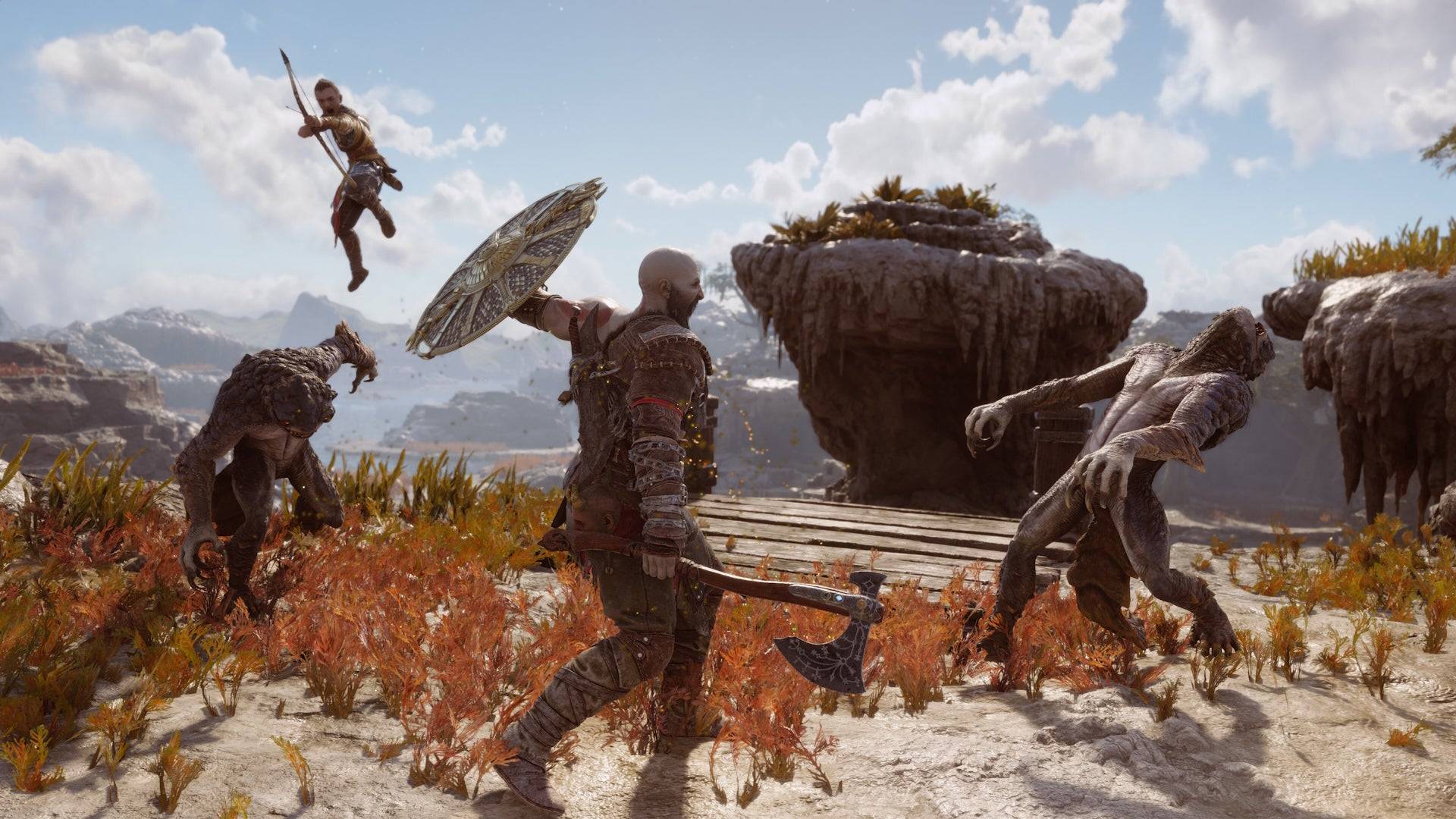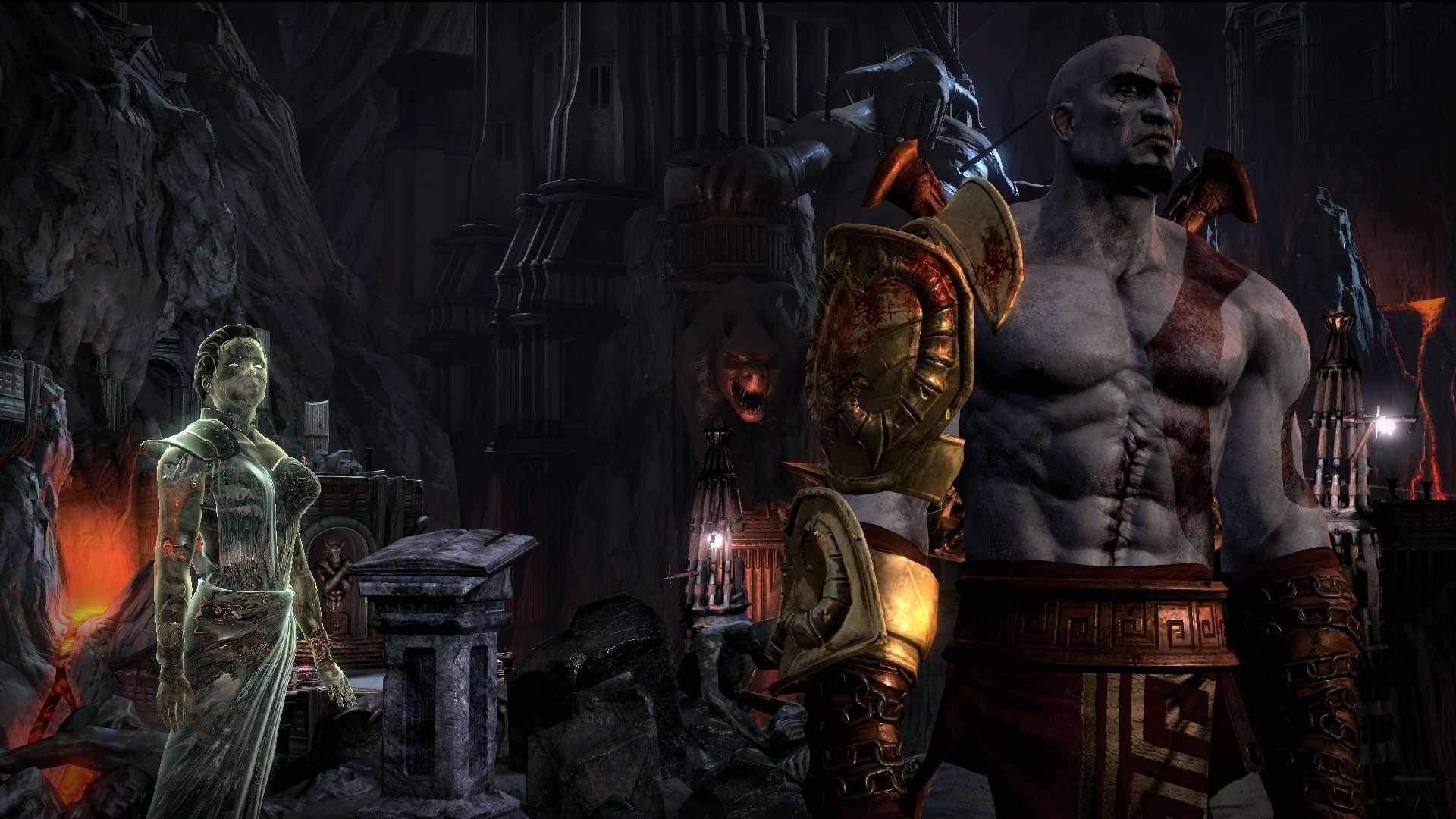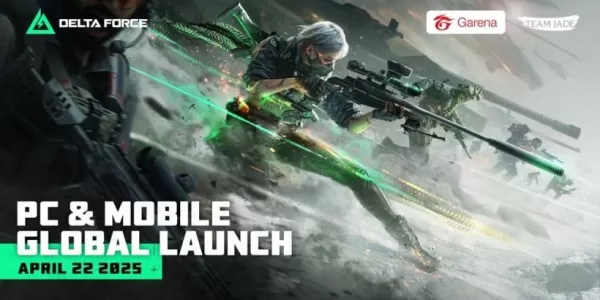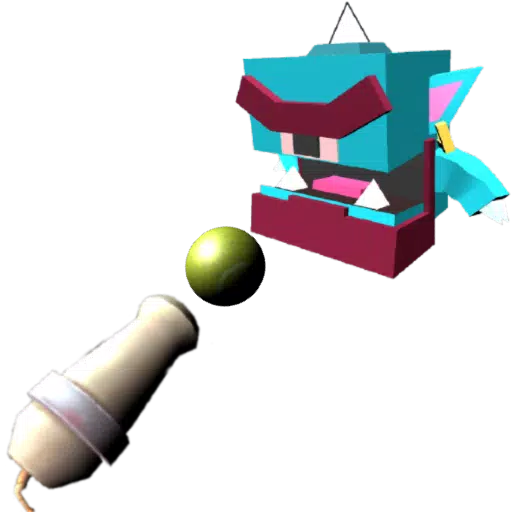The God of War series has been a cornerstone of PlayStation gaming across four generations, beginning with Kratos' vengeful journey in 2005. Few could have predicted the trajectory of this iconic character over the next two decades. While many franchises struggle to remain relevant, God of War has thrived by embracing change. The most significant transformation came with the 2018 reboot, which shifted Kratos from the world of Ancient Greece to Norse mythology, altering both the series' presentation and gameplay. Yet, even before this acclaimed reboot, Sony Santa Monica introduced smaller, yet impactful changes that kept the series alive and evolving.
For God of War to continue its success, reinvention will be crucial. When transitioning to the Norse setting, director Cory Barlog expressed interest in exploring other mythologies like Egyptian and Mayan. Recent rumors have reignited speculation about an Egyptian setting, fueled by the allure of its rich culture and mythology. However, a new setting is just the beginning. The next installment must reinvent itself as effectively as it did when transitioning from the Greek trilogy to the Norse saga, enhancing successful elements while introducing fresh innovations.

The series has consistently evolved with each entry. The original Greek games refined their hack-and-slash mechanics over a decade, culminating in the polished gameplay of God of War 3 on the PlayStation 3. This final chapter introduced a revamped magic system that complemented the melee combat and offered a variety of challenging enemies. The shift to the PS3 allowed for new camera angles, enhancing the visual experience.
The 2018 reboot saw significant changes, with the Greek trilogy's platforming and puzzle elements largely phased out due to the new over-the-shoulder camera perspective. While puzzles remained, they were adapted to fit the new adventure-focused design.
The Valhalla DLC for God of War Ragnarök marked a return to the series' Greek roots, both mechanically and narratively. The reintroduction of battle arenas, a staple of the original games, was adapted for the Norse setting. This mirrored the story's focus on Kratos confronting his past, bringing his journey full circle.

The Norse games introduced numerous innovations, including the Leviathan Axe's unique throwing mechanics, a combat-defining parry system with various shield types, and the magical spear in Ragnarök, which enabled faster, explosive attacks. These elements facilitated exploration across the Nine Realms, each with distinct foes and environments.
The most striking evolution in the Norse duology is the storytelling. The narrative delves into Kratos' emotional journey, his grief for his late wife, and his complex relationship with his son, Atreus. This emotional depth contrasts with the more straightforward storytelling of the Greek trilogy and has been pivotal to the Norse era's success.
God of War's shift in mechanical design and storytelling reflects a unique approach to franchise development. The creators view the Norse games not as traditional sequels but as extensions of Kratos' journey. This perspective should guide future installments.
The mixed reception to Assassin's Creed's shifts in style underscores the risks of straying too far from a series' core identity. While profitable, Assassin's Creed has struggled to maintain fan loyalty across generations as effectively as God of War. The 2017 shift to an open-world RPG format with Origins diluted the series' connection to its assassin roots, leading to criticism over content bloat and a drift towards power fantasies. Recent efforts like Assassin's Creed Mirage and Shadows aim to reconnect with the series' stealth-focused origins.
God of War has navigated these challenges adeptly. The Norse series, while a radical departure, never lost sight of Kratos' compelling character and the series' combat roots. Each new game built upon the foundation of fiery, unrelenting combat, introducing enhancements like more Spartan Rage options, new weapons, and diverse combat scenarios. These additions enriched the series without overshadowing its core identity.
As rumors of an Egyptian setting circulate, the next God of War must continue to evolve while preserving the elements that have made it successful. The 2018 reboot focused on maintaining the high standards of combat from the Greek trilogy. Future games will likely be judged by their storytelling, the heart of the Norse duology. Kratos' transformation from a rage-filled warrior to a complex father and leader highlights the importance of narrative in the series' success. The next installment must build on this strength while introducing bold new changes to define the next era of God of War.















